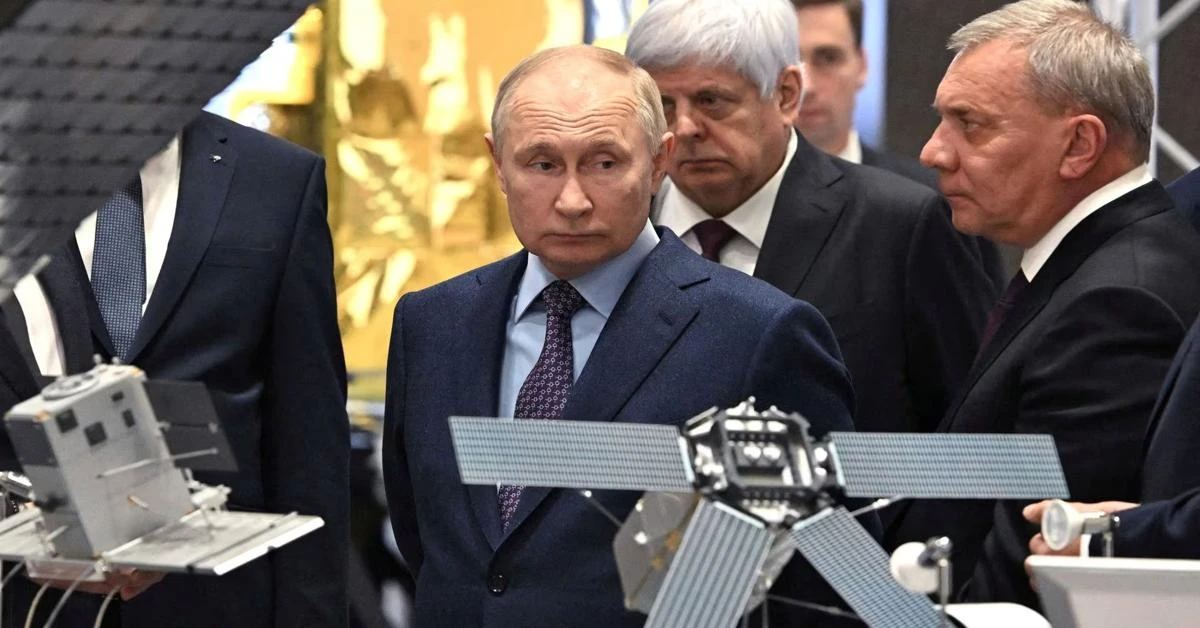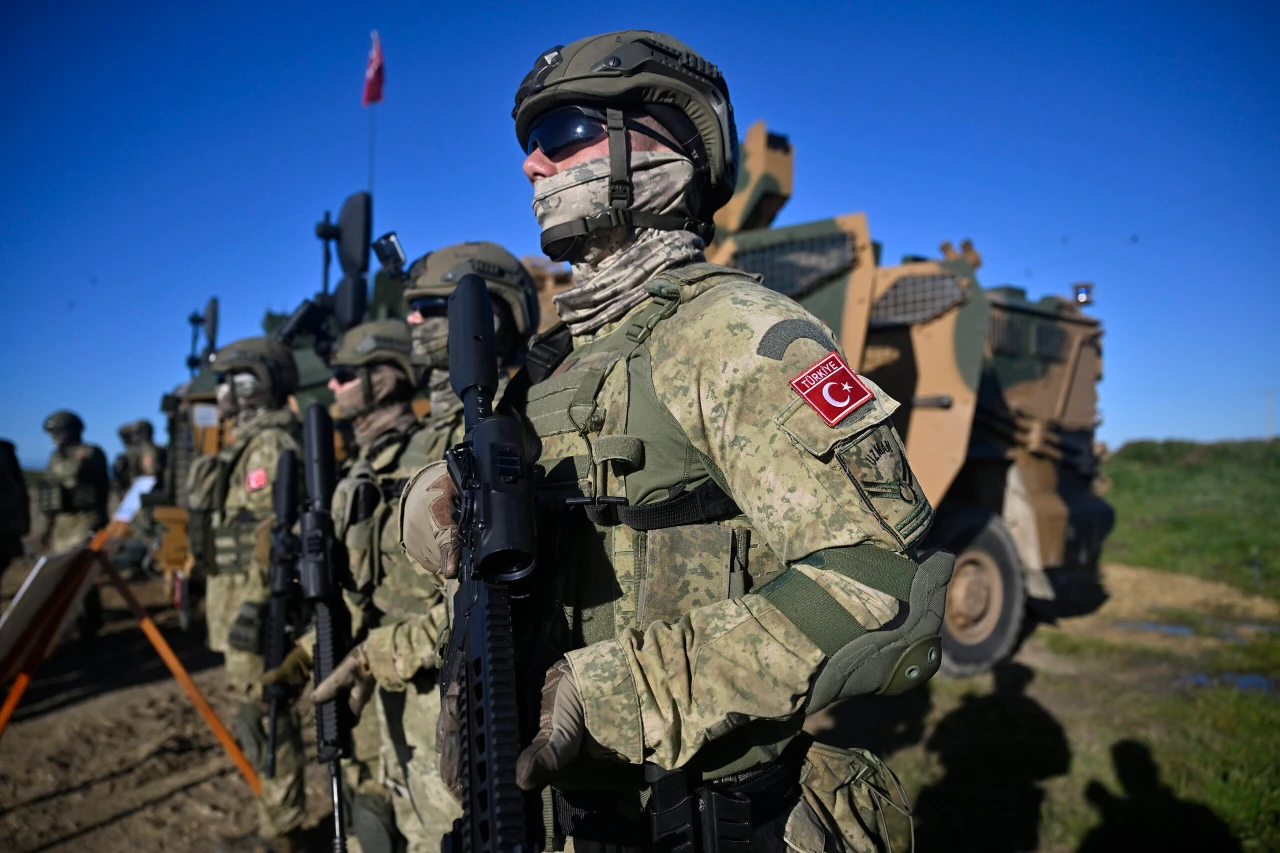Experts skeptical of Russia’s nuclear warhead in space plans

U.S. intelligence suspects Russia is developing a space weapon powered by nuclear energy to disrupt satellites
U.S. intelligence suspects Russia is working on a space weapon powered by nuclear energy, designed to disrupt or destroy satellites by interfering with their electronics rather than using explosive warheads to shoot them down.
Analysts believe that the threat is not imminent, as the new capabilities pose no immediate danger to the U.S. The weapon is likely to be a sophisticated device that can jam signals, disable sensors, or potentially cause widespread damage by emitting electromagnetic pulses.
According to experts, it is more plausible that Russia is developing a nuclear-powered system with electronic warfare capabilities rather than a traditional nuclear weapon.
A report from the U.S. Defense Intelligence Agency in 2023 indicated that Russia is developing various weapons intended to target individual satellites, and may also be working on more powerful systems that could pose a threat to all satellites’ structures.
The Kremlin has dismissed a warning from the U.S. regarding Moscow’s new nuclear capabilities in space, labeling it as a “malicious fabrication.”
Threat of nuclear weapons
For years, non-nuclear anti-satellite weapons have been in existence.
In 2021, Russia joined the U.S., China, and India in testing a destructive anti-satellite missile on one of its aging satellites, shattering it into thousands of fragments that now orbit Earth.
Detonating a nuclear weapon in space would present a completely different scenario.
Brian Weeden, a researcher at the Secure World Foundation, pointed out that if Russia were to detonate a nuclear device in space, it would damage its credibility significantly, with far-reaching implications for both military and commercial satellites.
Weeden stated, “For four decades, the Russians have criticized the U.S. at the U.N. for wanting to weaponize space and deploy weapons there, pledging that they would never do so. If they carry out such an action, they would lose everything. All the countries supporting them on Ukraine and circumventing sanctions would suffer a severe setback.”
James Acton, a nuclear specialist at the Carnegie Endowment for International Peace, noted that placing a nuclear weapon in orbit would constitute a clear violation of the Outer Space Treaty.
The 1967 treaty, which both the U.S. and Russia are signatories to, prohibits parties from deploying objects carrying nuclear weapons or any other forms of mass destruction in Earth’s orbit.
Acton emphasized that breaching the treaty would further hinder attempts to revive arms control between the U.S. and Russia following Russia’s decision in 2023 to suspend its involvement in the New START treaty, which limits the number of strategic nuclear warheads each country can deploy.
Experts suggested that anti-satellite weapons could severely disrupt military and commercial communications, undermining the operational capabilities of armed forces and global positioning systems used by a wide range of services from Uber drivers to food delivery companies.
A former U.S. intelligence official remarked, “The Russians believe that we are vulnerable if we lose access to our satellites, which is probably true. Our ability to depend on satellites is a significant advantage in a potential conflict, but it also represents a major vulnerability.”
Source: Reuters



